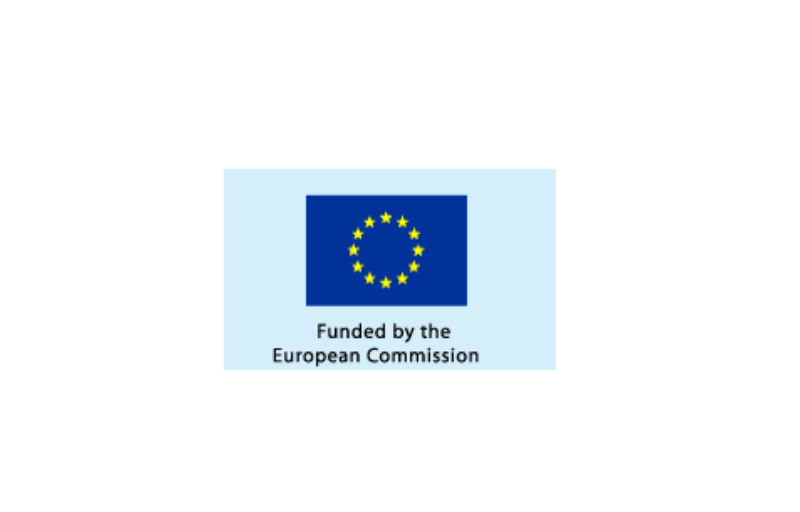| Technology platform | Imaging & Tracing |
|---|
(Pre-proposal deadline: 9 March 2021)
The aim of the ERA-NET NEURON is to coordinate and optimise research efforts and funding programmes of its partner countries in the field of mental, neurological and sensory disorders.
Scope: the NEURON funding organisations particularly wish to promote interdisciplinary work and translational research proposals that combine basic and clinical approaches. In the context of the present call, the collaboration across different disciplines including both clinicians and fundamental neuroscientists is highly encouraged. The consortia are expected to submit novel, ambitious ideas that can only be achieved by the complementary collaboration between partners.
Call topic: this call is limited to disorders, which show their first manifestations before the end of adolescence and impair the development and the function of the nervous system. It will be accepted research proposals ranging from understanding basic mechanisms of neurodevelopmental disorders through proof-of-concept clinical studies in humans.
Research proposals should cover at least one of the following areas:
- Fundamental research addressing the pathogenesis, aetiology, susceptibility, and resilience mechanisms of neurodevelopmental disorders. This may include the development of innovative or shared resources and technologies that are relevant for neurodevelopmental disorders.
- Clinical research to develop novel strategies for prevention, diagnosis, patient stratification, therapy and/or rehabilitation for neurodevelopmental disorders.
For further details on the call, please visit this page.
EATRIS can help identify the right consortium partner for your proposal. Simply fill in this form and send it back to Anne-Charlotte Fauvel, annecharlottefauvel@eatris.eu.

The expertise of EATRIS member institutions relevant for this call includes:
- Access to existing cohorts, brain banks and exploitation of existing data sets;
- Animal models;
- High Throughput Technologies for multi-omics approaches;
- Structural, functional, molecular, genetic biomarkers expertise;
- Imaging Technologies including PET, MRI, PET-CT, PET-MRI, SPECT and physiological monitoring;
- HTS, applied immunology, high-throughput real time PCR, biochemistry, pharmacokinetics;
- Cognition and behavioural expertise;
- BSL1, 2, 3 for neurosurgery, imaging, histopathology, behaviour.

















